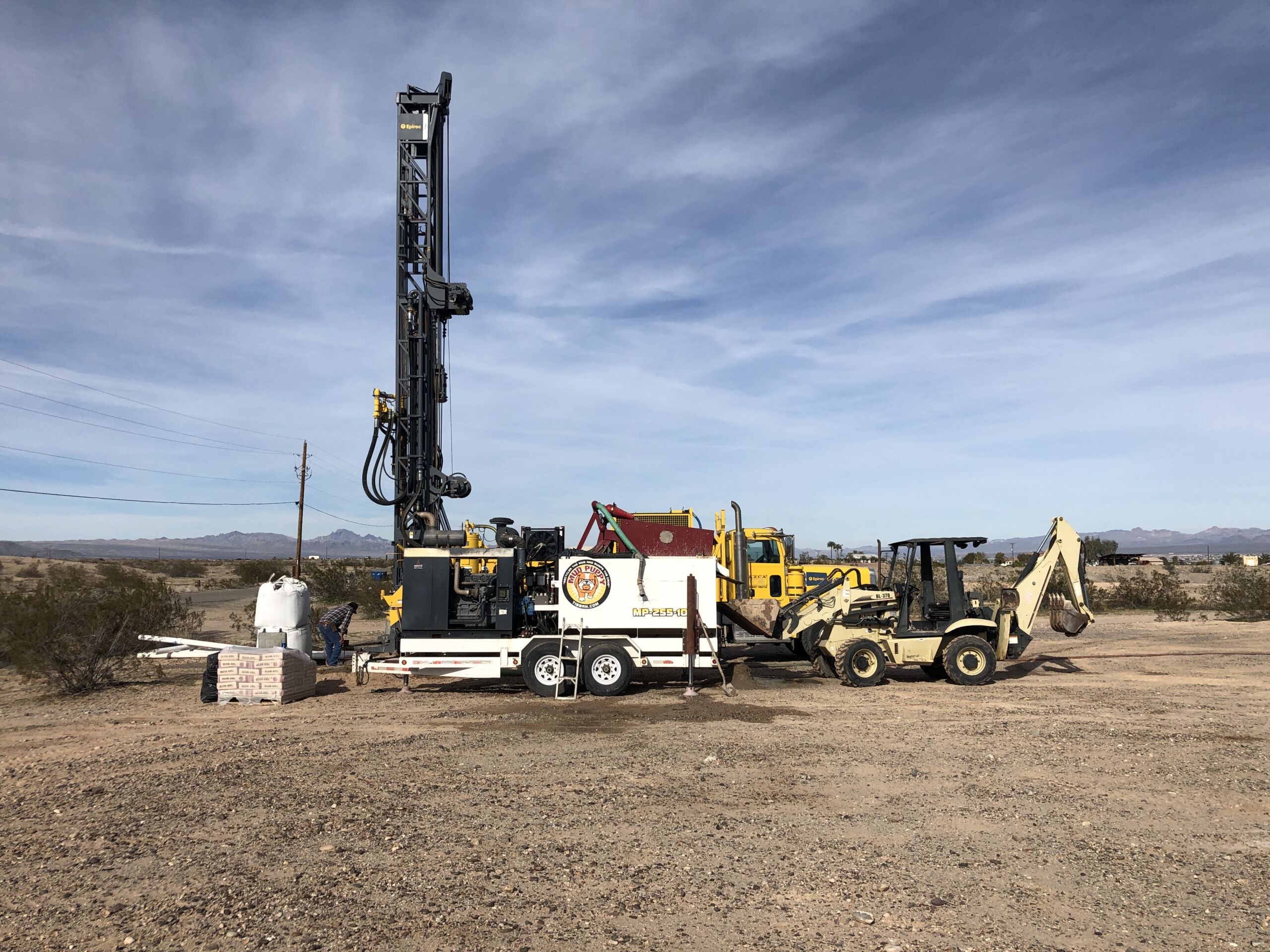Vermont Water Well Drilling Contractors
Find qualified Water Well Drilling contractors in Vermont using our contractor lookup tool. Learn more about NGWA Contractor Certifications here.
N A Manosh Corporation
Morrisville, VT 05661-8746
United States
Spafford and Sons Water Wells
Jericho, VT 05465-4418
United States
Vermont Well & Pump
Hinesburg, VT 05461
United States
Chevalier Drilling Company Inc
Highgate Springs, VT 05460-0164
United States
Parker Water Wells
East Poultney, VT 05741-0627
United States
Wragg Bros of Vermont Inc
Ascutney, VT 05030-0110
United States
Valley Artesian Well
Ascutney, VT 05030-0203
United States
Gould & Sons Well Drilling
Pawlet, VT 05761
United States
Frost Wells and Pumps Inc
East Dorset, VT 05253-0476
United States
Green Mountain Well Company Inc
Putney, VT 05346-0013
United States
Lynde Well Drilling Inc
Guilford, VT 05301-8103
United States
Find Water Well Drilling In
Frequently Asked Questions
What is a drilled well?
A drilled well consists of a hole bored (a borehole) into the ground, with the upper part or the entire depth of the well being lined with casing. Drilling is most typically conducted with a portable drilling machine brought to the site to construct the borehole. Various methods are used to advance the borehole to the necessary depth, and to remove formation material loosened and suspended by the drilling bit and fluid circulation or bailing system.
Read moreDoes water well drilling require a license?
In the United States, most states require licensing of water well contractors, and in most cases, this means that licensed contractors have passed tests and met certain professional requirements to obtain their license. Canadian provinces, Australian states, and New Zealand also use qualification-based licensing. To find out if a contractor is licensed, contact your state government (licensing is often handled by the Department of Natural Resources or Department of Health).
Read moreWhat is a Certified Well Driller (CWD)?
The Certified Well Driller (CWD) designation from the National Ground Water Association (NGWA) encompasses general industry knowledge as well as practice and expertise in at least one well drilling method.
To achieve NGWA certification, contractors must pass exams testing their technical knowledge, and they must have at least twenty-four consecutive months of full-time groundwater contracting experience. They maintain their certification by obtaining continuing education credits annually.
Read moreVermont Groundwater and Water Well Statistics
Few states can accurately or confidentially determine how many residential wells are in place. For each region, the American Housing Survey by the U.S. Census provides regional data.
Vermont is found in the Northeast, along with these other states: Maine, Vermont, New Hampshire, Massachusetts, Connecticut, Rhode Island, New York, New Jersey, and Pennsylvania.
The last American Housing Survey Census indicates this region had 3,210,0002 households served by residential wells, with an average of 2.373 persons per household. The USGS estimates the population of self-supplied water supply users in Vermont to be 244,000, with 100% of their water supply from groundwater.
- 327 community water systems use groundwater for 182,300 people
- 240 non-community, non-transient water systems use groundwater for 42,900 people
- 753 non-community, transient water systems use groundwater for 118,700 people
- 309 irrigation wells used serving 276 farms and 402 acres
Water Well Drilling Articles and Resources
Mud Rotary Drilling Method: What You Need to Know By Gary L. Hix, R.G., CWD/PI There are many different ways to drill a domestic water well. One is what we call the “mud rotary” method. Whether or not this is the desired and/or best method for drilling your well is something more fully explained in this brief summary. Air and water are both fluids […]



